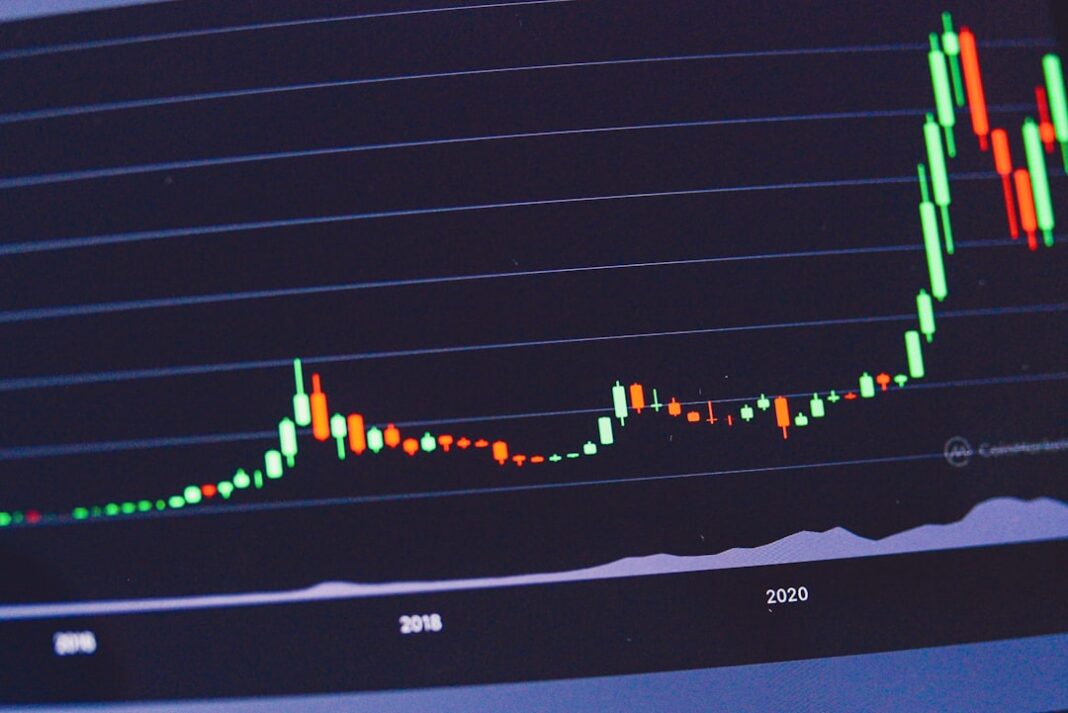Advanced computing resources remain disproportionately concentrated within developed economies, creating significant barriers to technological innovation worldwide. This concentration limits opportunities for researchers, developers, and organizations in emerging markets who require substantial processing power for complex computational tasks.
Decentralized computing networks built on blockchain technology present a transformative solution to this global challenge. By creating distributed marketplaces that connect providers of underutilized graphics processing units (GPUs) with users requiring computational resources, these networks enable more efficient allocation of existing infrastructure.
This paradigm shift allows organizations and individuals worldwide to access computational power that was previously geographically constrained or cost-prohibitive. The distributed nature of these networks ensures greater resilience and reduces dependency on centralized cloud providers, while blockchain-based verification maintains transparency and security throughout computational processes.
As these decentralized networks mature, they promise to level the playing field for technological development across global markets. Researchers in developing regions can now undertake complex simulations and data analysis projects without facing traditional infrastructure limitations. This democratization of computational resources represents a significant step toward more equitable technological progress worldwide, potentially accelerating innovation across multiple industries and academic disciplines.


